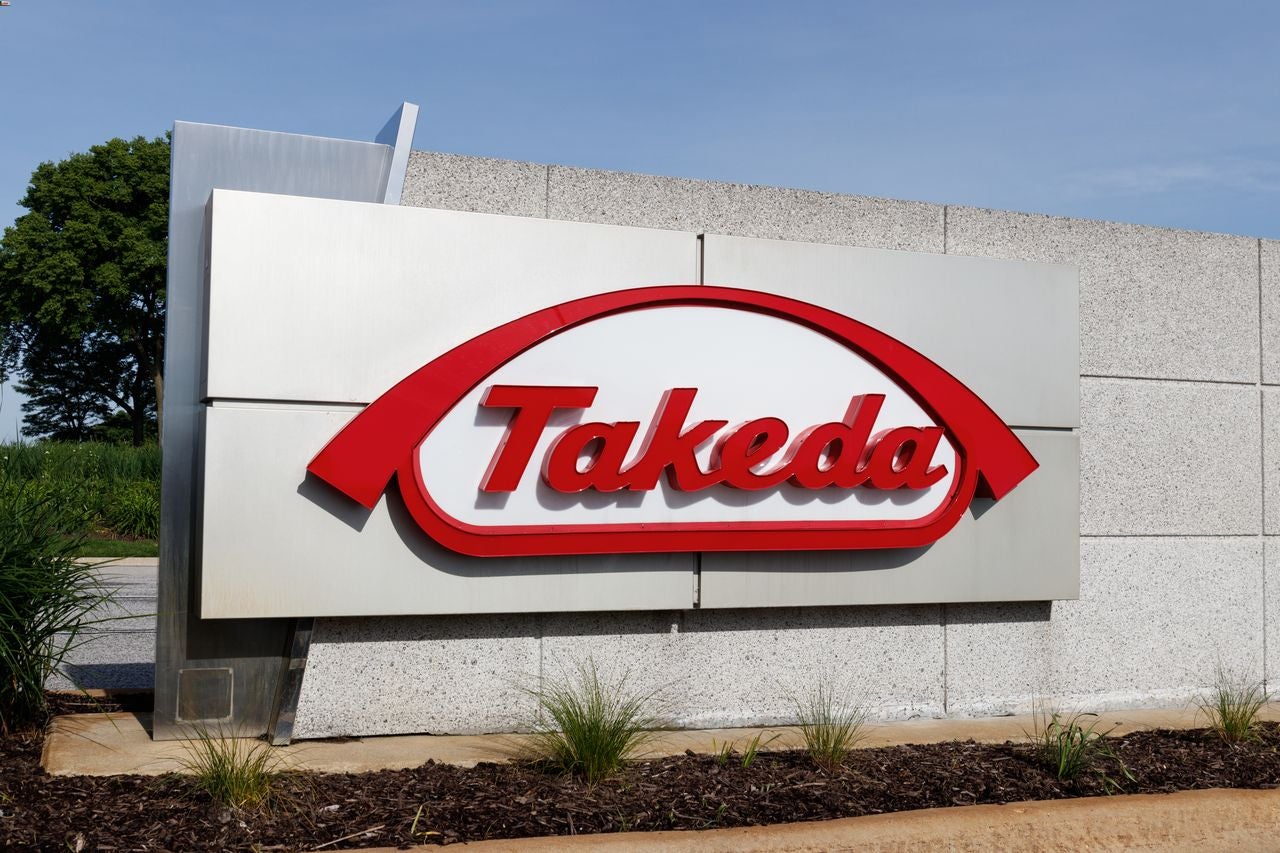Takeda has announced that it will be pivoting away from its discovery and preclinical programmes in adeno-associated virus (AAV) gene therapies. The company is aiming to refocus its efforts on its core therapeutic areas and current late-stage programmes such as the oral TYK2 inhibitor TAK-279, which is under development for several autoimmune disorders. Takeda has made significant investments in the gene therapy space over the last ten years, but most of these are not in AAV-based therapies and instead include multiple R&D programmes in non-viral gene therapy across inflammatory and gastrointestinal neuroscience and oncology. Significant collaborative R&D programmes that are likely to be affected include Takeda’s partnership with Codexis for AAV-based gene therapy for Fabry disease and Takeda’s $3.6bn dollar deal with Poseida for the development of nonviral in vivo gene therapy programmes for the hereditary bleeding disorder haemophilia A.
Takeda’s announcement underlines the risk associated with gene therapy R&D at the preclinical stage and the fact that many current AAV programs are unlikely to reach late-stage trials. There is a significant unmet need in rare disorders for curative therapeutics that address the underlying functional disorder, and gene therapy potentially addresses this need. Current therapeutics for metabolic disorders such as Fabry disease involve enzyme replacement therapy, which is not efficacious for a relatively large proportion of patients and still leaves significant areas of the disease untreated, including cardiac and cerebrovascular problems. With challenges around the R&D, clinical trials, pricing, and market access for these rare disease therapeutics, big pharma often collaborates with specialist biotechnology companies as a method of de-risking the development of gene therapy products.
Takeda’s pivot away from AAV gene therapy follows a similar action taken by Pfizer in January 2023 to externalise its gene therapy R&D. Big pharma companies are increasingly using preclinical studies to determine whether a gene therapy is likely to be curative and present a positive cost-benefit ratio from development through to the clinic. In the gene therapy market, specialist biotechnology companies, such as those with a focus on 4D molecular therapeutics with their proprietary vectors, are leading the market in rare disease gene therapy development. GlobalData forecasts that Takeda’s exit from AAV gene therapy will lead to the increased likelihood of early-stage biotechnology companies dominating the rare disease market, with their specialist technical knowledge resulting in the successful long-term development of gene therapy programs.


